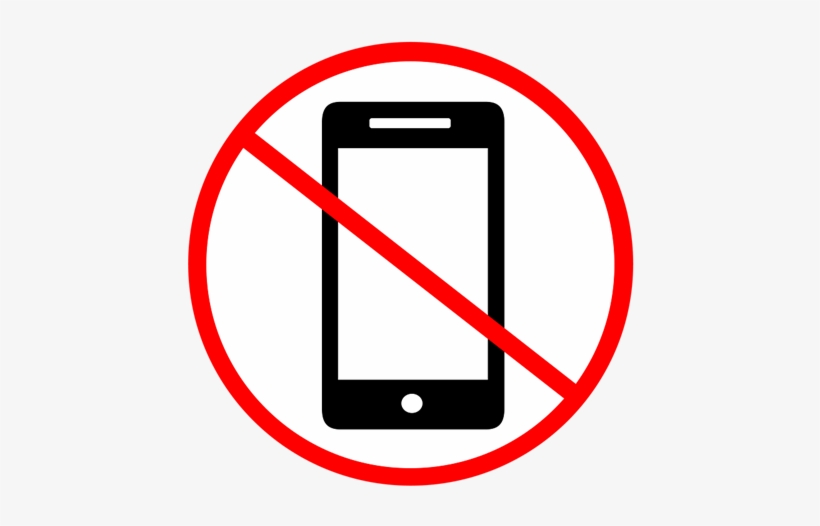In today’s life there is very important to become a mentally strong specially when you are alone.
Mental stability comes from different
factors. Here i provide you the following methods to improve your mental health
and become mentally strong.
How to be mentally strong
No phones first thing in the morning:
Almost every person when they are
wakeup they see their phones. Checking emails, messages, or social media
notifications first thing in the morning can cause stress and anxiety.
Starting your day with phone usage
cause distraction and reduced productivity as you get drawn into apps and
content instead of focusing on important tasks. Staring at a small screen in
low light conditions can strain your eyes and lead to discomfort.
Take strategic breaks:
Take short breaks throughout the day
rather than waiting for long intervals. Spend time outdoors or near natural elements. Practice deep breathing
or mindfulness exercises during breaks to reduce anxiety and increase focus.
Work on your self-interruption:
Self-interruption is disrupting your
own focus or task completion by diverting your attention to something else.
This can happen due to various factors, such as distractions, multitasking, or
impulsive behaviors. Self-interruption can have negative effects on
productivity, concentration, and the quality of work.
Redirect your focus to work:
Focus on work is most important,
without focus you are not able to do any work or complete any task. Maintaining
focus while working can greatly enhance your productivity
Rest is the most important:
During the work the rest is necessary,
rest is important as hard work because without rest you can’t do your work
efficiently. Rest will enhance your ability to work hard and staying focused. Taking
regular breaks and allowing yourself to rest while working is crucial for
maintaining productivity, creativity, and overall well-being.
Phone on airplane mode:
During work this method of focus is
very helpful to put your mobile phone on airplane mode because on airplane mode
you didn’t get any notification and not distracted at all and continue your
work with your complete focus on the task.
Fire / tummo breathing:
Tummo involves specific patterns of
breath retention. After inhaling deeply hold breath for a specific period while
focusing on the sensation of heat and energy building within the body.
The practice involves cycles of deep
inhalations, breath retention, and exhalations while continuing to visualize
and intensify the inner fire.
Remove distractions:
Removing distractions is very
important steps. Different peoples have different distractions in their life it
could be mobile phone, games, television, social media, friends, gathering. All these things should be
maintained with proper manners and time.
Pomodoro method:
Pomodoro Technique is a time
management method that involves breaking your work into intervals, usually 25
minutes, called “Pomodoros,” followed by a short 5-minute break.
After completing four Pomodoros, you
take a longer break of around 15-30 minutes. It’s a way to improve focus and
productivity by working in concentrated bursts while giving yourself regular
breaks to recharge.
Chunking tasks:
Chunking tasks involves breaking down
large or complex tasks into smaller, more manageable parts or “chunks.” This
makes it easier to focus and tackle each chunk one at a time, which can improve
efficiency and reduce feelings of overwhelm.
Quality sleep:
Quality sleep is very important for being
mentally strong, if you don’t take proper sleep you will be anxious all the day
and feel depressed.
Limit Caffeine:
Regular caffeine consumption can lead
to dependency, and sudden cessation can result in withdrawal symptoms such as
headaches, fatigue, and irritability.
In some individuals, caffeine
consumption has been linked to mood swings, increased anxiety, or exacerbation
of underlying mental health conditions.
To do lists:
Making a to do lists will motivate you
for doing all the works you listed. To-do lists help you organize tasks,
responsibilities, and goals in one place, making it easier to keep track of
what needs to be done.
Exercise:
Exercise has a positive impact on
mental health by reducing symptoms of anxiety, depression, and stress.
Hydrate:
Hydration supports clear thinking and
mental clarity, helping you make better decisions and solve problems
effectively.
Being well-hydrated is linked to
better short-term and long-term memory recall, which is crucial for learning
and productivity.
Walk:
Walking outdoors in nature can reduce stress, anxiety, and depression, while the physical activity releases endorphins that boost mood.






0 Comments